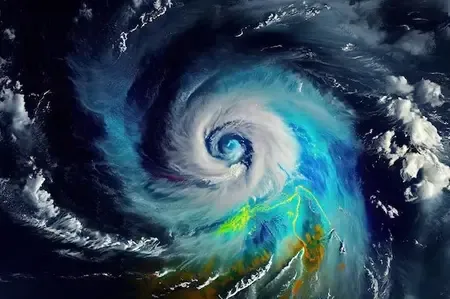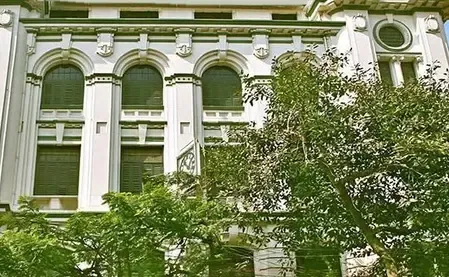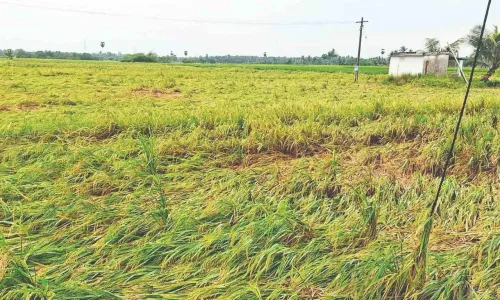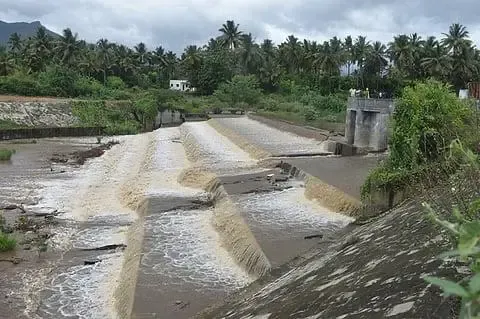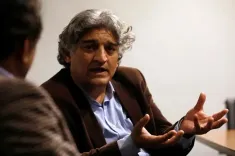Bangladeshi Officials' Remarks Suggest Intent to Unsettle India's Northeast: Tipra Motha Party Leader
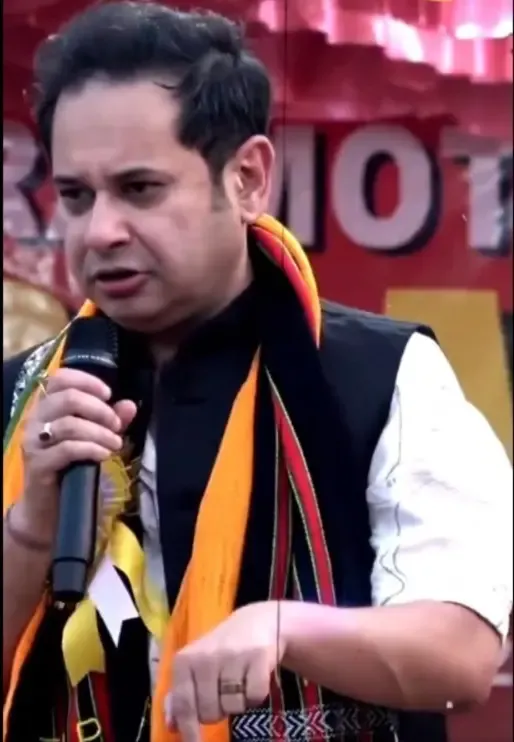
Synopsis
Key Takeaways
- Bangladesh leaders' statements hint at instability intentions.
- Debbarma stresses the need for government vigilance.
- Concerns over Pakistani ISI interference in northeast India.
- Yunus's comments lead to political backlash in India.
- Calls for improved economic ties with China.
Agartala, April 12 (NationPress) The Tipra Motha Party (TMP) leader, Pradyot Bikram Manikya Debbarma, stated on Friday that remarks by certain Bangladeshi leaders, including the caretaker government's Chief Adviser Muhammad Yunus, indicate a desire to once again destabilise India's northeastern region.
Speaking at a gathering of former members of the National Liberation Front of Tripura (NLFT), Debbarma expressed that the comments from these Bangladeshi leaders, notably Yunus, serve as warning signs of attempts to disrupt peace in northeast India.
He urged both political figures and the Indian government to take measures to prevent Pakistan and its agencies from inciting disorder during this critical time.
"Officials and the Indian government must work to thwart those who aim to finance violence through ISI (Inter Services Intelligence). Such actions would be detrimental to our people, so we must ensure that the residents of the northeast can live in peace and harmony," he stated.
Debbarma also cautioned Bangladesh, asserting that with support from Pakistan's ISI, there may be efforts to exploit unemployed youth in northeast India to create instability.
Yunus's earlier remarks regarding the seven northeastern states, which he described as "an extension of the Chinese economy," provoked strong responses from Indian leaders, including Assam Chief Minister Himanta Biswa Sarma and TMP Chief Pradyot Bikram Manikya Debbarma.
In a post on X, Debbarma remarked: "Pradyot Manikya challenges Bangladesh regarding ocean access for northeast India."
"Instead of investing billions in complex engineering projects, we could consider breaking up Bangladesh for our own access to the sea. The Chittagong Hill Tracts have always been home to indigenous tribes who have desired to join India since 1947. Numerous Tripuri, Garo, Khasi, and Chakma people live in dire conditions in Bangladesh on their ancestral lands. This situation should be leveraged for our national interest and their welfare," the TMP leader asserted.
During his recent four-day visit to China, Yunus advocated for enhanced economic collaboration with the nation.
The Chief Adviser of the Bangladesh government noted that India's northeastern states, referred to as the 'Seven Sisters,' currently lack direct maritime access.
He suggested that this presents a significant opportunity for the region, which could act as an extension of the Chinese economy.
He proposed that China's involvement could extend to India's seven northeastern states, highlighting their landlocked status and potential benefits from access through Bangladesh.

